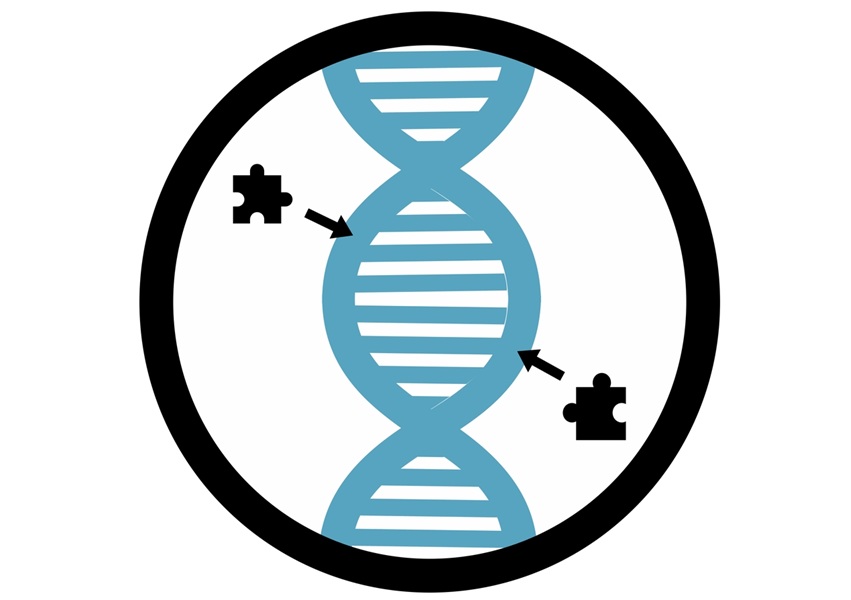Mutation Linked to Impaired Physical and Cognitive Development
By LabMedica International staff writers
Posted on 14 Feb 2017
Finding the needle in a genomic haystack: genomic sequencing has revealed a de novo splice site mutation in the brain protein CASK as genetic cause of a child’s FG syndrome-4 and congenital nystagmus.Posted on 14 Feb 2017
Researchers at the Translational Genomics Research Institute identified the mutation. Researchers from Barrow Neurological Institute and the University of Utah also contributed to the study. The child involved in this study, a 6-year-old boy, was seen at TGen's Center for Rare Childhood Disorders, which helps families identify the genetic source of their children's medical symptoms. Upon analyzing the boys genome, the scientists identified a novel mutation that affects CASK, which is key to brain development and signals transmitted by neurons. The boy's parents and older sister are unaffected.
"Identifying this new CASK mutation helps build our understanding of how these multifaceted disorders occur, and provides insight into how they might be treated in the future," said the paper’s senior author Dr. Isabelle Schrauwen, assistant professor in TGen's Neurogenomics Division.
According to the authors, the child's constellation of symptoms included: developmental delay; feeding disorders, including severe gastro-intestinal and gastro-esophageal complications; and involuntary eye movement, a condition known as nystagmus, which can reduce or limit vision. Although his IQ and language skills were normal, he had impaired motor development, behavior, and memory. These clinical features are markers of the rare developmental syndrome FG syndrome-4 (FGS4), and this is the second CASK mutation known to the authors as a cause of FGS4.
More specifically, the boy is sensitive to loud noises, has a need to touch and examine objects intensely, exhibits impaired visual and motion abilities, and impaired memory.
TGen's Center for Rare Childhood Disorders has sequenced the genomes of more than 440 children with rare conditions. This has resulted in a nearly 40% diagnosis rate, nearly 3 times the general rate of diagnosis among this patient population.
"By tracking down the genetic and genomic causes of these mutations, we hope to continue building a body of knowledge that will lead to improvements, for this patient and many others with rare medical disorders," said co-author Dr. Vinodh Narayanan, medical director of TGen's Center for Rare Childhood Disorders.
The study, by Dunn P et al, was published January 31, 2017, in the journal American Journal of Medical Genetics.













